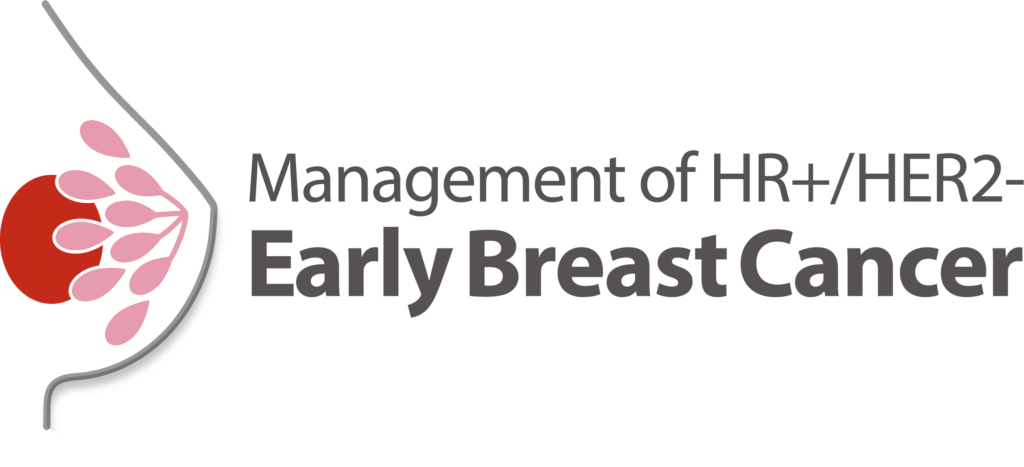medwireNews: Using the 21-gene recurrence score (RS) in conjunction with response to preoperative endocrine therapy (ET) could help to spare adjuvant chemotherapy in certain pre- and postmenopausal patients with hormone receptor (HR)-positive, HER2-negative early breast cancer, suggest findings from the WSG-ADAPT umbrella trial.
As reported in the Journal of Clinical Oncology, the WSG-ADAPT-HR+/HER2– endocrine subtrial included women with up to three involved lymph nodes (pN0–1) who were candidates for adjuvant chemotherapy by standard clinicopathologic criteria. All received preoperative induction ET for 3 weeks, primarily tamoxifen in the case of premenopausal patients and aromatase inhibitors in the case of postmenopausal patients, during which the RS was evaluated using the Oncotype DX assay (Exact Sciences, Redwood City, California, USA).
Women with a low RS (0–11 points) were assigned to the control arm regardless of ET response (n=868) and those with an intermediate RS (12–25 points) plus an ET response (defined as a post-induction decrease in Ki67 levels of at least 10% from baseline) were assigned to participate in the experimental arm (n=1422); patients in both arms received adjuvant ET alone. All other patients, that is, those with an intermediate RS but no ET response, were allocated to the chemotherapy subtrial (n=694) in which they received adjuvant dose-dense chemotherapy followed by ET.
The 5-year invasive disease-free survival (DFS) rate was 92.6% for participants in the experimental group and 93.9% for those in the control group. This equated to an absolute difference between the groups of 1.3 percentage points, with a one-sided 95% lower confidence limit of –3.3 percentage points, which equaled the noninferiority margin and thus provided “borderline” evidence for noninferiority, say Nadia Harbeck, from LMU University Hospital in Munich, Germany, and co-investigators.
They also note that despite receipt of chemotherapy, the 5-year DFS rate for ET nonresponders was only 90.3%.
The distant DFS rates at 5 years were similarly comparable between the experimental and control groups, at 95.6% and 96.3%, respectively, with a lower rate in the ET nonresponder group, at 92.8%. The corresponding 5-year overall survival rates were 97.3%, 98.0%, and 96.7%.
Furthermore, multivariable analysis adjusting for confounders such as number of lymph nodes, pathologic tumor stage, and baseline Ki67 levels showed no significant difference in either invasive or distant DFS between patients with an intermediate RS plus an ET response and those with a low RS.
“RS testing together with ET response could thus spare [chemotherapy] for more than half of patients with high clinical risk and up to three involved [lymph nodes] who are candidates for [chemotherapy] by conventional clinicopathologic criteria,” summarize the researchers.
The team also conducted exploratory subgroup analyses, finding that both invasive and distant DFS
were comparable for the experimental and control groups regardless of nodal status (pN0 vs pN1) and age (>50 vs ≤50 years).
But there was a difference in outcomes by age between ET responders and nonresponders among women with an intermediate RS. For instance, among those aged 50 years and younger, the 5-year invasive DFS rate was 92.5% for ET responders and 89.4% for nonresponders, while the corresponding rates among women older than 50 years were 92.6% and 92.2%.
medwireNews is an independent medical news service provided by Springer Healthcare Ltd. © 2022 Springer Healthcare Ltd, part of the Springer Nature Group
J Clin Oncol 2022; doi:10.1200/JCO.21.02759
Link https://ascopubs.org/doi/full/10.1200/JCO.21.02759
Author: Shreeya Nanda

